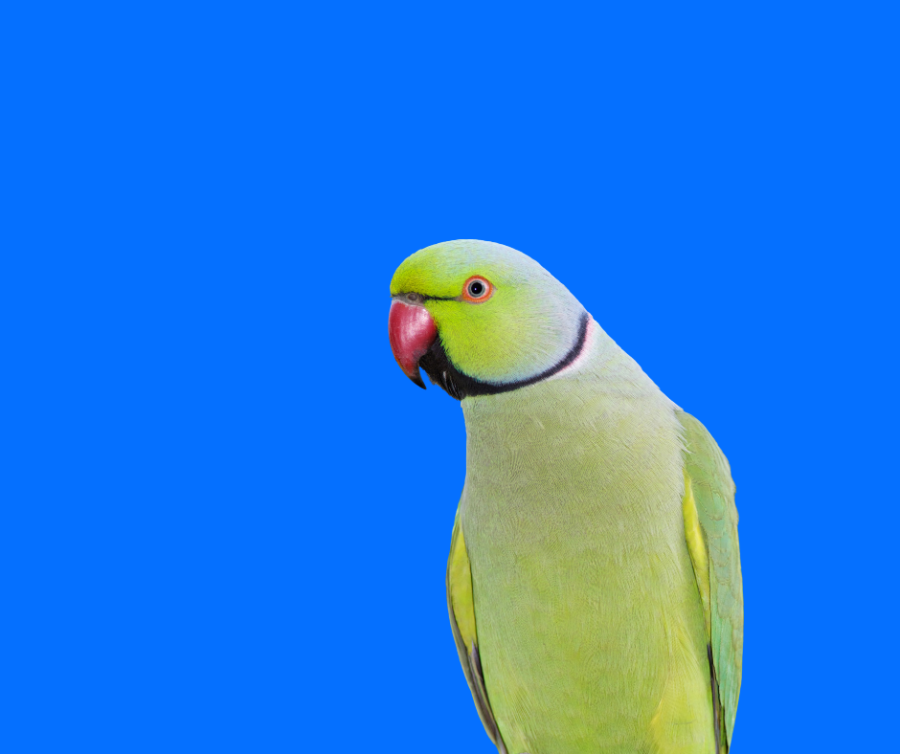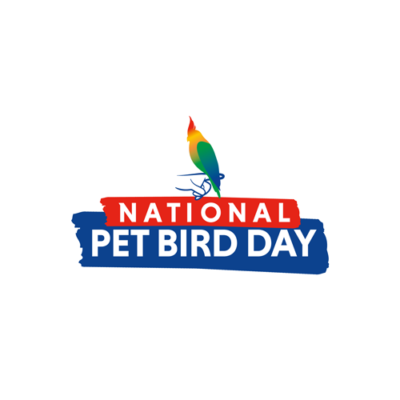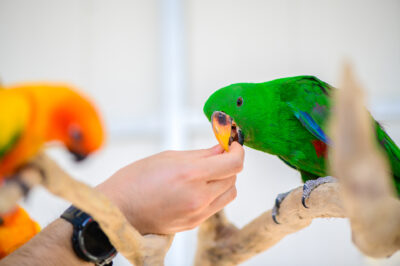
Ringneck
Check out our ringneck enrichment tool.
What Are Ringnecks?
Psittacula Parakeets, often simply referred to as Ringneck parrots, can be found throughout parts of Africa, the Indian subcontinent and Southeast Asia. Ringnecks have a rich cultural history, being mentioned by Aristotle, kept as pets by Ancient Romans and even referenced in Indian mythology and folklore.
There are 14 species of Psittacula parakeets and numerous subspecies, but only two are commonly kept as pets – the Alexandrine Parakeet and the Rose-ringed Parakeet. The Alexandrine Parakeet is notable as one of the oldest recorded parrot species, so named because of their export by Alexander the Great. As their name suggests, Ringnecks are known for their distinctive neck markings, with males having a black ring around their necks and females having either a lightly colored ring or no ring at all. Ringnecks are some of the most striking and elegant parrots and can be taught to talk as well.
What Makes Ringnecks a Good Pet?
Ringnecks are very intelligent, adept at talking and learning tricks. They are independent and always up for a challenge, which for the determined owner makes training them a lot of fun. Though they prefer a quiet environment, they do love to have fun as well. Their unique markings and rich history as the companions of royals and kings also makes them a prized species for collectors.
How Do You Care for Ringnecks?
Ringnecks can make for great pets, but often require more diligence and effort than other species. Behavioral issues can arise if they are not properly socialized, and while they are loyal and affectionate, like Poicephalus parrots Ringnecks are not as known for being cuddly. Like other species they can be destructive, so providing them with a lot of toys to chew on and play with is a good idea.
While perhaps not as well suited for beginners, Ringnecks are beautiful and intelligent birds that can make for very loyal companions.
Follow us on Facebook and Instagram, and be sure to check out our other posts about birds or take our quiz to see which types of birds may be right for you!





